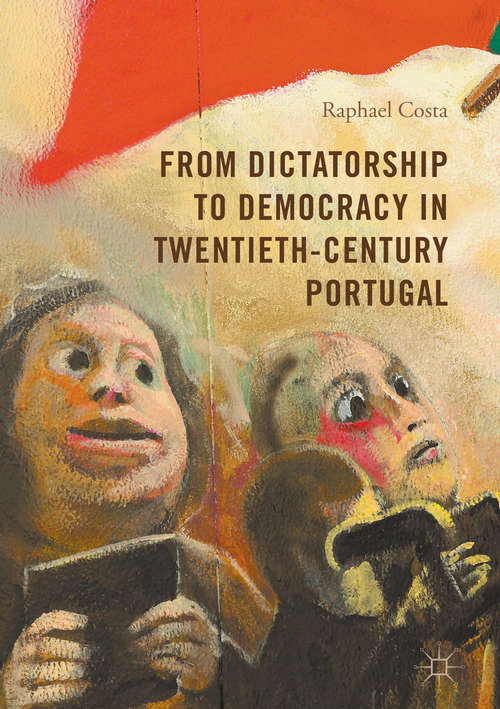From Dictatorship to Democracy in Twentieth-Century Portugal
By:
Sign Up Now!
Already a Member? Log In
You must be logged into Bookshare to access this title.
Learn about membership options,
or view our freely available titles.
- Synopsis
- This book examines Portugal's transition from dictatorship to democracy by focusing on Lourinh#65533;'s urbanization and economic development since 1966. Since 1966, Lourinh#65533;'s urban landscape has transformed as Portugal democratized. From a rural town with little infrastructure and few institutions in 1966, Lourinh#65533; emerged by 2001 as a modern European town. This work highlights key areas of economic and urban development and argues that Lourinh#65533;'s political culture became more institutional, creating a withering expectation of citizen participation in local development, as Portugal transitioned from dictatorship to democracy. Raphael Costa asks whether Portugal was on the path towards democracy before 1974, and if the rapid shift to democracy was the blessing it appeared to be by the 1990s. Did democratization ultimately disenfranchise the Portuguese in important ways? This work uses Lourinh#65533;'s development as an example of the Portuguese experience to argue that the Carnation Revolution, although a watershed in Portugal's politico-cultural evolution, should not be understood as the moment when democracy came to Portugal.
- Copyright:
- 2016
Book Details
- Book Quality:
- Publisher Quality
- ISBN-13:
- 9781137583680
- Publisher:
- Palgrave Macmillan UK, London
- Date of Addition:
- 03/20/17
- Copyrighted By:
- Springer
- Adult content:
- No
- Language:
- English
- Has Image Descriptions:
- No
- Categories:
- Nonfiction, Politics and Government
- Submitted By:
- Bookshare Staff
- Usage Restrictions:
- This is a copyrighted book.
